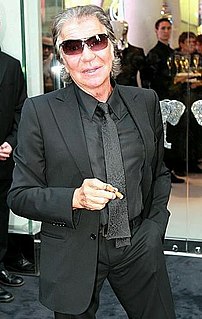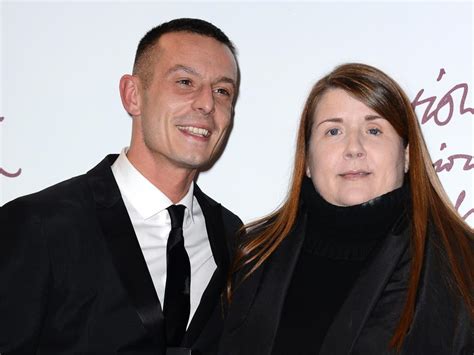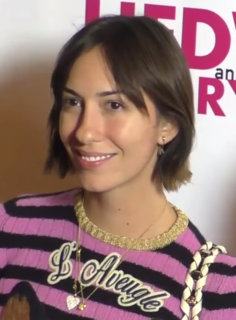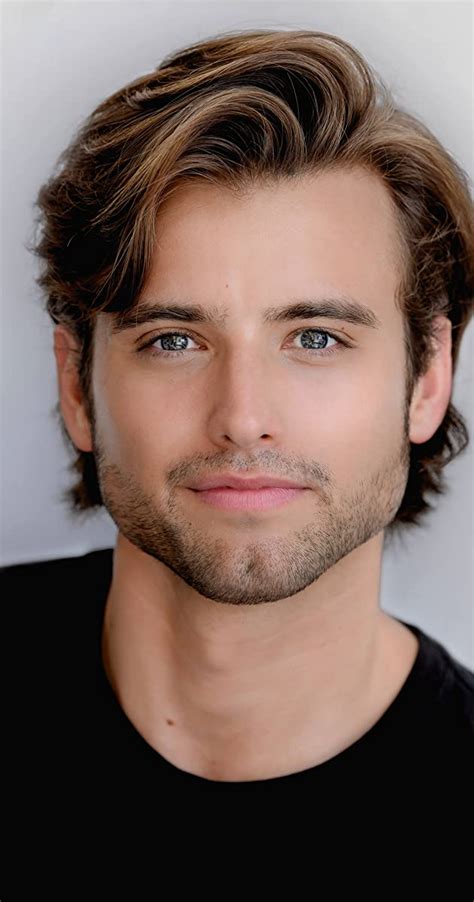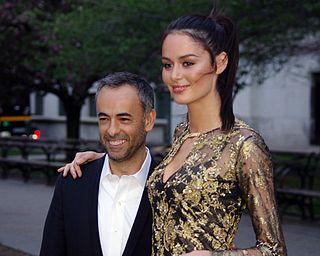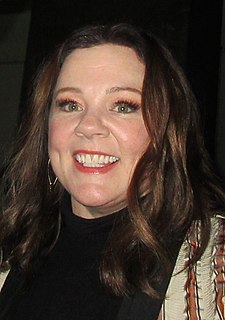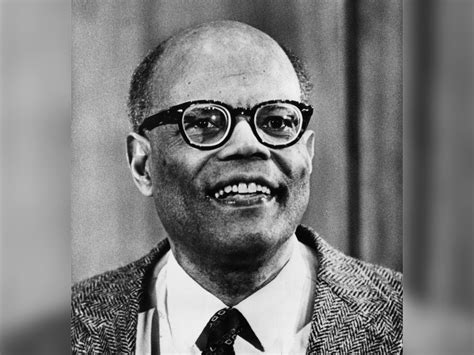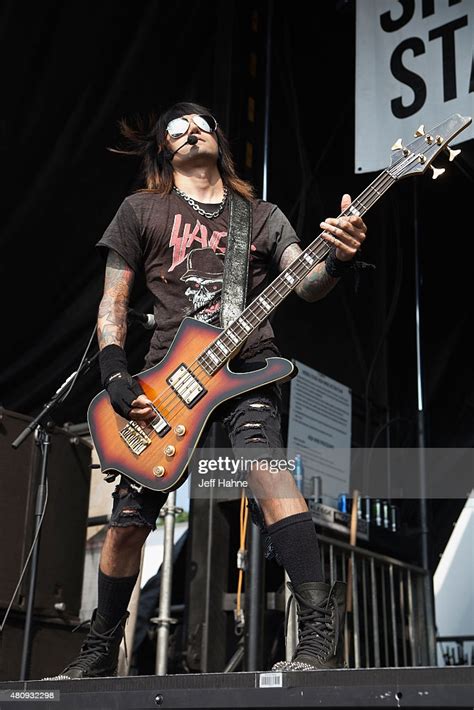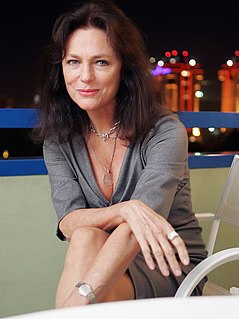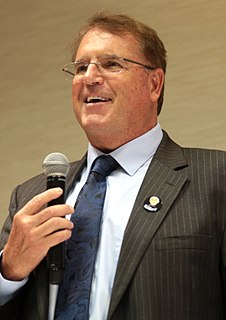A Quote by Roberto Cavalli
My dream, maybe because of my family, of course, was to be a painter. I chose in one moment the direction of textiles; from textiles I went to fashion.
Related Quotes
Trade allegedly does not foster growth because when it begins, a flood of imports of factory origin destroys the handicraft manufacturing of the less developed country: the models for this are the effects of British exports of textiles and of iron in India and Chile in the first half of the nineteenth century.
